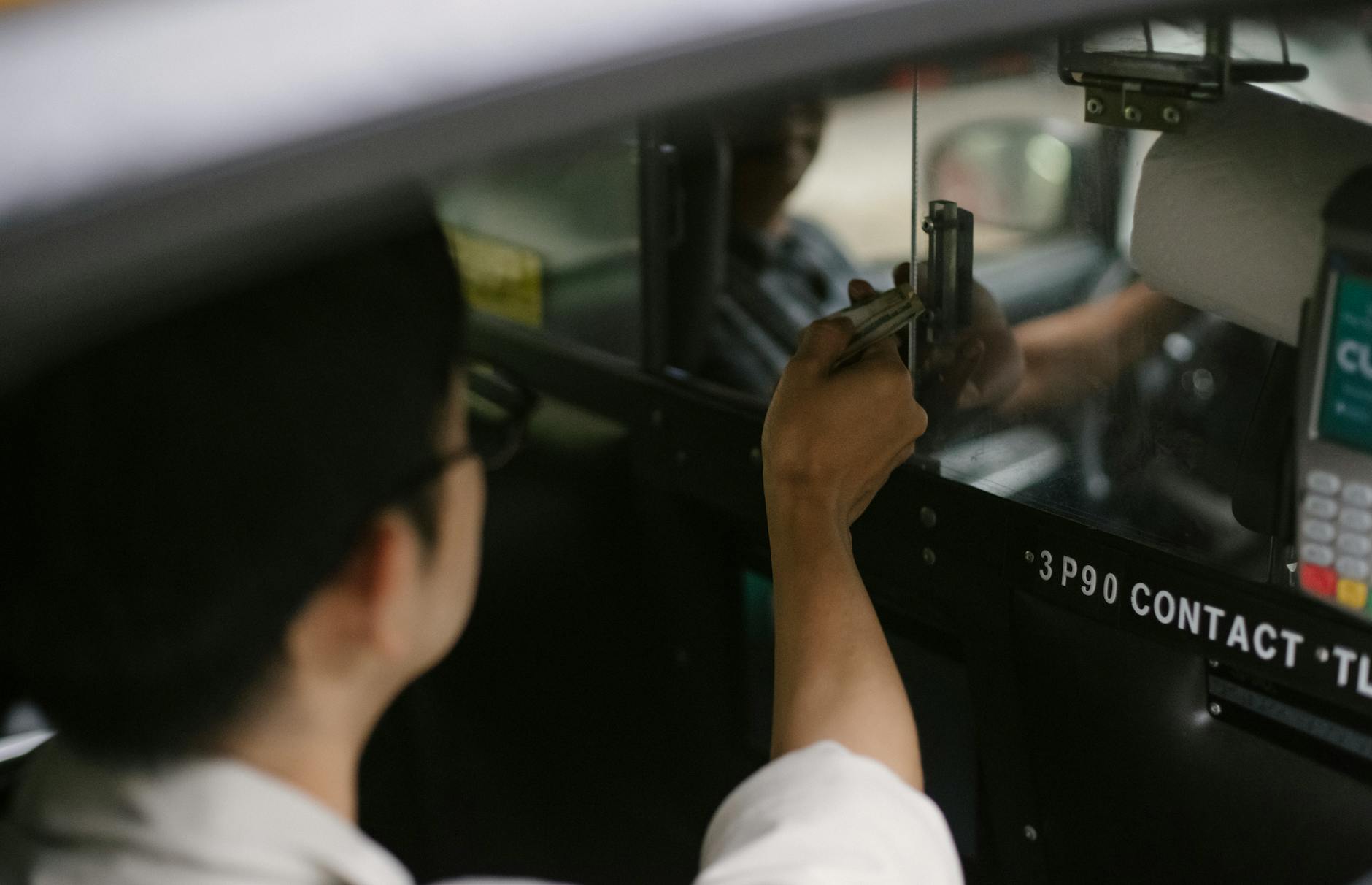Next-Level Drive: Heads-Up Display Tech

As the automotive industry pushes forward into the future, the integration of advanced technology into the driving experience has become paramount. Among the myriad of innovations designed to enhance safety and convenience for drivers, Heads Up Display (HUD) technology emerges as a game-changer. In this article, we will delve into the world of cutting-edge Heads Up Display technology and explore how it contributes to an enhanced driving experience.
The Evolution of Heads-Up Display Technology
Originally developed for military aviation, HUD technology has found its way into the automotive sector, providing a seamless way to relay information to drivers without diverting their attention from the road. The technology projects essential data onto the windshield, allowing drivers to keep their eyes focused on their surroundings while receiving real-time updates.
Enhancing Safety with HUD Technology
Safety First:
One of the primary advantages of HUD systems is the improvement in road safety. By displaying critical information such as speed, navigation directions, and safety warnings directly within the driver’s line of sight, the risk of distraction-related accidents is greatly reduced.
Advanced Warning Systems:
Modern HUD technology often incorporates Advanced Driver-Assistance Systems (ADAS), including lane departure warnings, adaptive cruise control, and collision alerts. These features offer real-time guidance and alerts, allowing drivers to react quickly to potential hazards.
Convenience at a Glance
Intuitive Interaction:
Beyond safety, convenience is a key focal point for HUD advancements. Touchless controls, voice commands, and gesture recognition are being integrated into systems to enable smoother interaction without the need for physical contact, creating a more intuitive user experience.
Personalization and Connectivity:
Current HUD systems are designed to offer a personalized experience by allowing drivers to customize the display settings to show information relevant to their preferences. Connectivity with smartphones and other smart devices ensures that drivers can access important updates or control features of their vehicles directly through the HUD interface.
The Future of Heads-Up Display Technology
As we look to the future, HUD technology is set to become more dynamic and interactive. With developments in augmented reality (AR), drivers will soon see navigation cues overlaid in the real world, potentially transforming the driving experience by integrating the digital and physical realms more seamlessly.
Integration with Autonomous Vehicles:
As autonomous driving technology matures, HUD systems will play a pivotal role in building trust between human drivers and their vehicle counterparts. Real-time visual communication of the vehicle's intentions and sensory perceptions will provide reassurance and a sense of control to occupants.
Eco-Driving Assistance:
Future HUDs may also contribute to eco-friendly driving by providing feedback on driving patterns, suggesting fuel-efficient routes, and displaying the environmental impact of certain driving behaviors.
Conclusion
Heads-Up Display technology represents a significant step toward safer, more convenient, and more enjoyable driving. By delivering information directly to the driver's line of sight, HUDs minimize distractions and allow for a more focused and informed driving experience. As the technology evolves, we can expect HUDs to become even more advanced, shaping the way we interact with our vehicles and the road ahead.